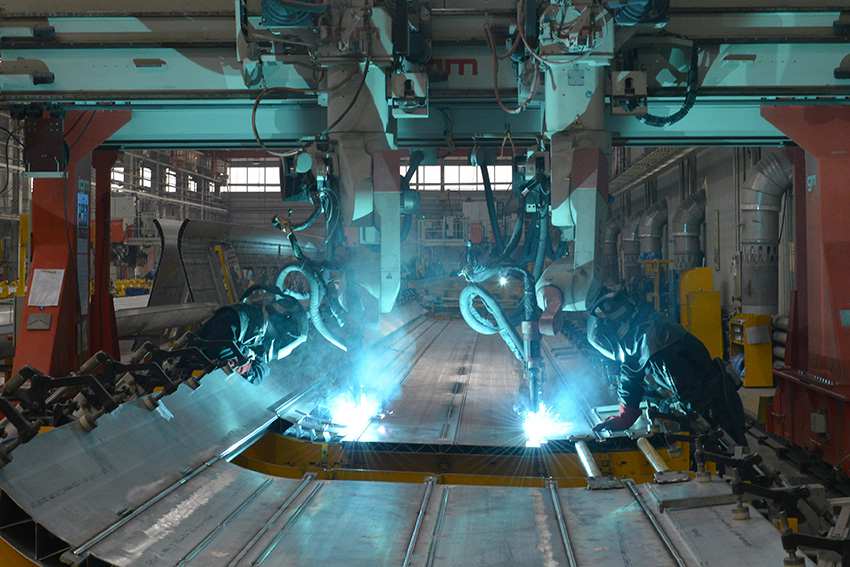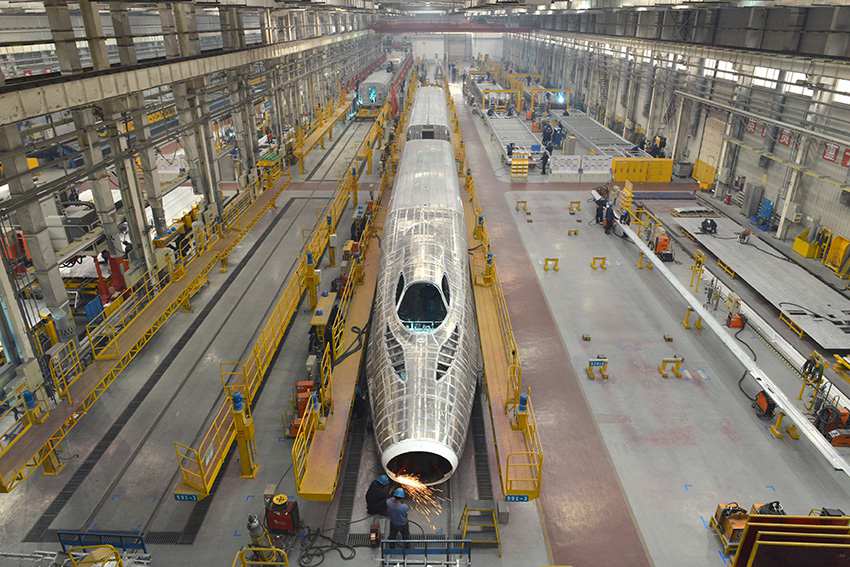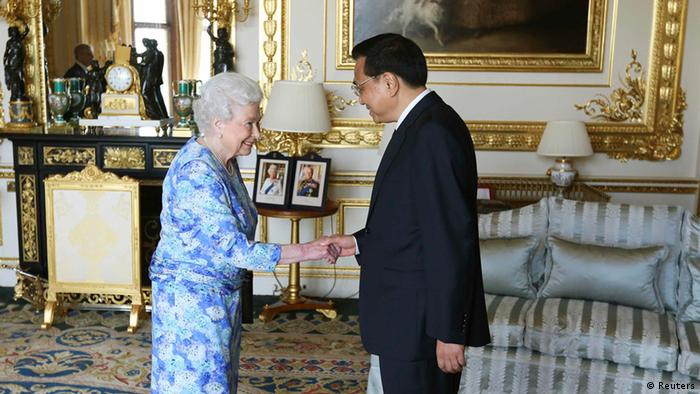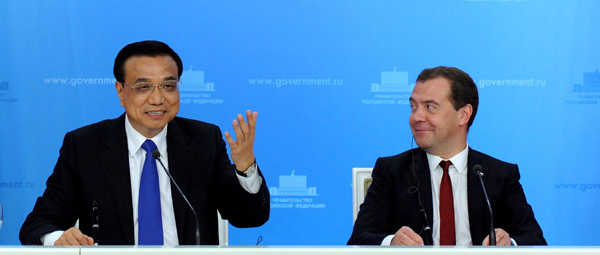Gregor: It is common knowledge that China flat out steals patented western technology.
Indeed, it is a common charge, Gregor. But, did you have a particular legal case in mind that demonstrates that a Chinese company "stole" some other (western) companies patent?
I appreciate that international patent laws are a minefield, if you want to think of one, consider the ongoing Apple vs Samsung legal hassle. Apple wins in the USA and Samsung has won in other jurisdictions.
Did you also know that many joint venture agreements between Chinese and western companies contain clauses that enable technology transfers. Think what must be happening with GM's joint venture in Shanghai. Here's GM's statement from their media centre.
GM has 10 joint ventures and two wholly owned foreign enterprises as well as more than 58,000 employees in China. GM, along with its joint ventures, offers the broadest lineup of vehicles and brands among automakers in China. Products are sold under the Buick, Cadillac, Chevrolet, Opel, Baojun, Wuling and Jiefang nameplates. In 2013, domestic sales of vehicles by GM and its joint ventures jumped 11.4 percent on an annual basis to 3,160,377 units. During the first half of 2014, GM’s sales in China increased 10.5 percent from last year’s previous record for the period to 1,731,282 units.
To make that many vehicles GM will have built a large supply train of smaller suppliers, all having to meet exacting GM standards. That means a very large number of companies and people will have been exposed to GM technology.
Now there's something else about patents that you should know. Generally, they apply for a set period and then expire. After that, the patent information is available to anyone. Second, you could ask yourself, what is the patent for? Is it a completely new idea? Or, is it for an improvement? It can make a difference if you seek to take someone to court.
More, some changes to a product may void the original IP.
Let me illustrate. Years ago, I worked at fitting out hotels. My employer, would make a buy-out list, and on behalf of the developer, talk to the hotel management tream and the Interior design team, about what they wanted. Usually they wanted the best? No problem, even if there were copyright restrictions, we knew how to get around it. We'd prepare a specification to set a quality standard and talk to some alternative suppliers - these companies all had advice on copyright law, and knew that perhaps a minor change voided the copyright. Usually we'd be able to discount the estimated cost by at least 20%, maybe as much as 50% (its amazing how much some suppliers want to charge when they think the are specified).
All quite legal, and it justified our fee for managing the supply process. Everyone was happy, the hotel management team got what they wanted, the I.D. team got what they wanted (nearly). Our client saved some money. And we got our fee.
But let me go back to GM in my next post.








